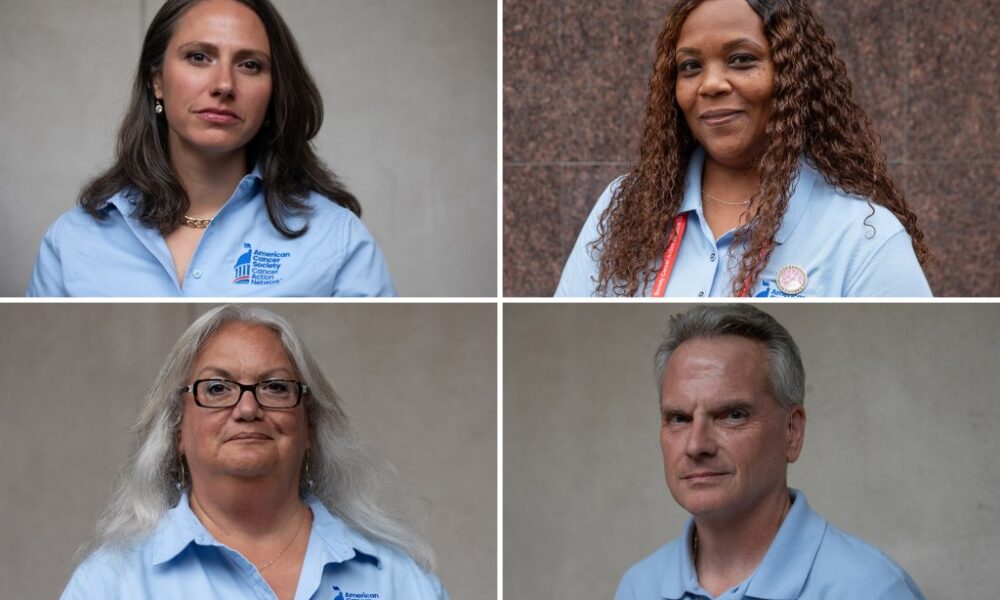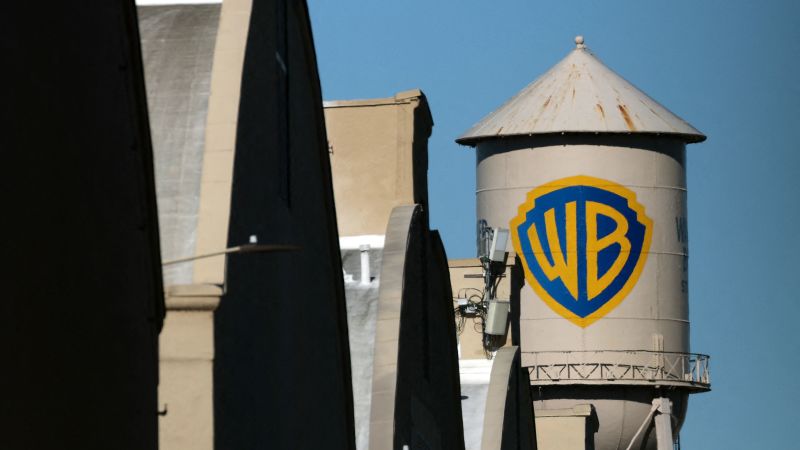More than 500 volunteers gathered in Washington last month, urging Congress to prioritize cancer research and support for patients. This annual event, organized by the American Cancer Society Cancer Action Network, brought together individuals from diverse political backgrounds who share a common bond: survival from cancer.
Among the attendees were Mary Catherine Johnson, a retired business owner from outside Rochester, New York, and Lexy Mealing, a former physician’s office employee from Long Island. Despite their differing political affiliations—Johnson a loyal supporter of former President Donald Trump and Mealing identifying as a Democrat—their focus was unequivocal. “Cancer doesn’t care,” Mealing remarked, echoing the sentiment of many at the event as they pushed Congress to maintain funding for cancer research amidst a budget impasse.
As cancer is projected to claim the lives of over 600,000 people in the United States this year, the urgency for advocacy remains high. Johnson shared her personal experiences, noting that every one of her mother’s ten siblings succumbed to cancer, alongside a close friend who left behind a family. “I think we’re probably the most divided that we’ve ever been,” she expressed, voicing concerns for future generations.
The political landscape in the U.S. has seen significant polarization, but polls indicate that there is still broad bipartisan support for cancer-related initiatives. A recent survey revealed that 70% of voters consider it vital for the federal government to fund medical research, a sentiment shared across party lines. “Almost everybody in this country knows somebody who’s had cancer,” stated Jarrett Lewis, a Republican pollster who conducted the survey.
As the volunteers prepared for their lobbying day, they practiced pitches and personal stories, ready to engage with members of Congress. On the morning of the event, they donned matching blue polo shirts and gathered in a ballroom, armed with red information folders to distribute during their meetings. They received motivational speeches from college basketball coaches before heading to Capitol Hill, where they visited 484 of the 535 Senate and House offices.
While not every interaction was successful, many lawmakers across the political spectrum supported increasing research funding and expanding access to cancer screening. Volunteers like Mealing felt a renewed sense of purpose after their efforts. “It was amazing,” she said, reflecting on the day’s accomplishments. “You could just feel the sense of ‘Everybody stronger together.’”
As evening fell, the volunteers participated in a candlelight vigil on the National Mall, where the names of those affected by cancer glimmered on 10,000 tea lights. The event served as a poignant reminder of the lives touched by the disease and the collective resolve of those advocating for change.
John Manna, a New Yorker and self-described Republican, emphasized the importance of dialogue in bridging political divides. “Talk to people. Get to know each other as people, and then you can understand somebody’s positions,” he advised, highlighting the potential for respectful conversations even amid disagreements.
The gathering exemplified a powerful message: regardless of political affiliation, the fight against cancer unites individuals in their quest for better research funding and patient support. Many attendees, including Manna, expressed their commitment to return next year, reinforcing the ongoing battle against this pervasive disease.
As the nation grapples with various challenges, the commitment of these citizen lobbyists serves as a reminder of the shared humanity that can transcend political differences.







